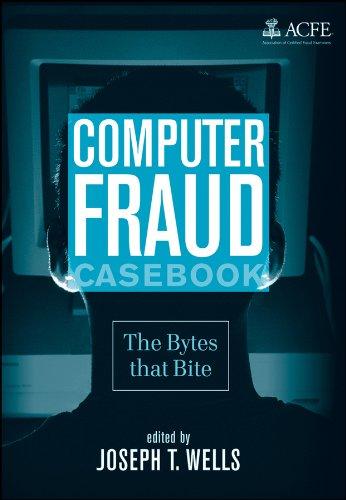

Products A, B, C, D and E require the same processing facility for their manufacture. At any one time, therefore, this facility can produce only one of the five product types. The time required per unit of product is: Table 1 Product Time Minutes) A 1 B 1,25 0,75 D 1,25 E 1,2 The estimated potential demand in the next planning period in the four sales areas supplied by the plan is as follows: Table 2 Demand(no. Of units) Product Type B D 3.000 6.000 5.000 E Sales Area 1 6.000 Sales Area 2 2.000 6.000 5.000 9.000 Sales Area 3 4.000 1.000 3.000 2.000 Sales Area 4 2.000 5.000 2.000 3.000 Total 12.000 6.000 17.000 15.000 14.000 Selling prices of the same products are identical in all areas, differences in transportation costs, however, mean that the profit per unit sold will be different in the areas, as indicated below. Table 3 A B D E Profit(mu/unit) C 3,75 3,30 4,75 Sales Area 1 Sales Area 2 Sales Area 3 Sales Area 4 4,80 3,75 4,00 5,25 5,00 5,15 5,05 5,00 4,50 5,04 5,25 5,15 3,50 The factory operates an around the clock shifts system 7 days per week. The available capacity of production facility during the planning period is 50.000 minutes. Every time there is a changeover from the production of one product to another, set- up time is required. This set-up time is negligible. a) Formulate an LP model to achieve profit maximization within the planning period. Determine the quantity of each product to be produced, and allocation to be made to each sales area. Clearly define all decision variables Write explanations for each constraint Note: DO NOT copy and paste your PYTHON code as the formulation, otherwise you WILL NOT get any credit. b) Solve the proposed LP model using PYTHON In the output, display the quantity of each product to be produced, allocation to be made to each sales area. c)Form Excel file/files that include Tables 1 to 7. Modify your Python model that you have developed in part b so that it imports Tables 1 to 7 from Excel files. Export the results you have found to an Excel file. Products A, B, C, D and E require the same processing facility for their manufacture. At any one time, therefore, this facility can produce only one of the five product types. The time required per unit of product is: Table 1 Product Time Minutes) A 1 B 1,25 0,75 D 1,25 E 1,2 The estimated potential demand in the next planning period in the four sales areas supplied by the plan is as follows: Table 2 Demand(no. Of units) Product Type B D 3.000 6.000 5.000 E Sales Area 1 6.000 Sales Area 2 2.000 6.000 5.000 9.000 Sales Area 3 4.000 1.000 3.000 2.000 Sales Area 4 2.000 5.000 2.000 3.000 Total 12.000 6.000 17.000 15.000 14.000 Selling prices of the same products are identical in all areas, differences in transportation costs, however, mean that the profit per unit sold will be different in the areas, as indicated below. Table 3 A B D E Profit(mu/unit) C 3,75 3,30 4,75 Sales Area 1 Sales Area 2 Sales Area 3 Sales Area 4 4,80 3,75 4,00 5,25 5,00 5,15 5,05 5,00 4,50 5,04 5,25 5,15 3,50 The factory operates an around the clock shifts system 7 days per week. The available capacity of production facility during the planning period is 50.000 minutes. Every time there is a changeover from the production of one product to another, set- up time is required. This set-up time is negligible. a) Formulate an LP model to achieve profit maximization within the planning period. Determine the quantity of each product to be produced, and allocation to be made to each sales area. Clearly define all decision variables Write explanations for each constraint Note: DO NOT copy and paste your PYTHON code as the formulation, otherwise you WILL NOT get any credit. b) Solve the proposed LP model using PYTHON In the output, display the quantity of each product to be produced, allocation to be made to each sales area. c)Form Excel file/files that include Tables 1 to 7. Modify your Python model that you have developed in part b so that it imports Tables 1 to 7 from Excel files. Export the results you have found to an Excel file








